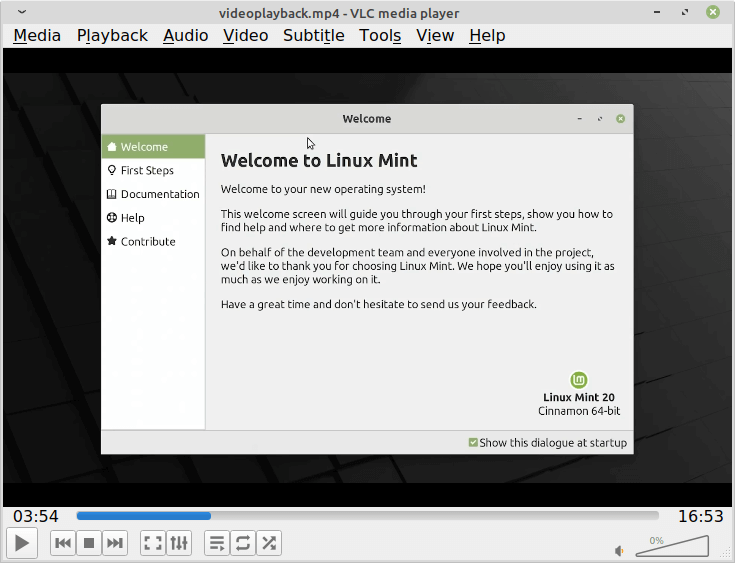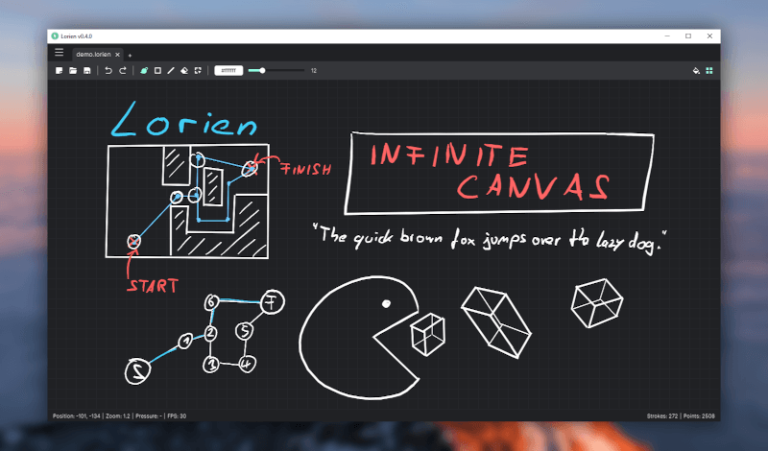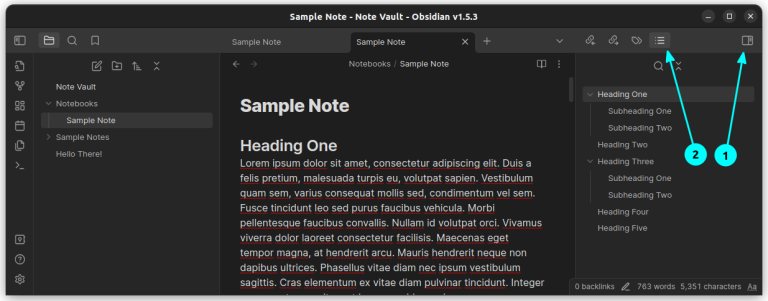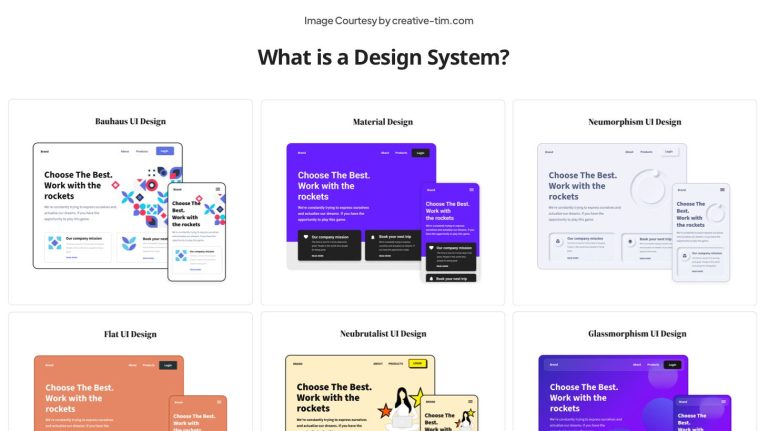Launching an online store is an exciting venture. However, the sheer number of e-commerce platforms and frameworks can leave you feeling overwhelmed. Worry not, aspiring entrepreneur! This guide will demonstrate the world of e-commerce frameworks, helping you select the perfect foundation for your online business.
Firstly, what exactly is an e-commerce framework? Think of it as the blueprint for your store. It provides the essential structure and functionalities, like product management, shopping carts, and payment gateways. Choosing the right framework depends on your specific needs and goals.
In the next section, we’ll dive into the top 9 e-commerce web development frameworks, exploring their strengths and weaknesses to see which aligns best with your vision. Buckle up, and let’s unlock the key to building your ideal online store.
What is an eCommerce Framework?
Before diving into the specific contenders, let’s lay the groundwork by understanding what an e-commerce framework is. Picture it as the invisible yet important skeleton of your online store. It provides the structure and functionality upon which you’ll build your dream retail space. These frameworks offer pre-built components, saving you precious time and resources compared to building from scratch.
- Product Management: Add, edit, and manage your product catalog, complete with descriptions, images, and variations.
- Shopping Cart & Checkout: Allow customers to add items, review their selections, and securely complete their purchases.
- Payment Processing: Integrate with various payment gateways to accept diverse payment methods and ensure smooth transactions.
- Customer Management: Create user accounts, track order history, and personalize the shopping experience for your loyal customers.
- Content Management: Craft engaging product descriptions, blog posts, and landing pages to captivate your audience.
Still, feeling overwhelmed by the options? Don’t fret! If you’re seeking a timesaver to pick the right framework, consider reaching out to an experienced eCommerce development company. They possess the expertise to assess your unique needs and recommend the perfect framework to build your online store.
9 Best E-commerce Web Development Frameworks
With the foundation laid, it’s time to delve into the heart of our exploration – the top 9 e-commerce web development frameworks. Each holds unique strengths, catering to diverse needs and ambitions. Consider this your personalized roadmap, guiding you toward the framework that will propel your online venture to success.
1. Magento

Businesses aiming to increase ecommerce revenue should invest in a scalable framework like Magento or BigCommerce that can handle rapid growth.
This open-source framework benefits Magento developers and each business size to build online experiences tailored to your specific vision. Whether you envision a multi-brand marketplace, a personalized B2B portal, or a content-rich flagship store, Magento’s capabilities can bring it to life.
E-commerce Functionalities Magento Offers
- Product Management
- Customer Management
- Order Processing
- Powerful Marketing & Promotions
- Content Management System (CMS)
- Multi-Store Management
- B2B Functionality
2. WooCommerce
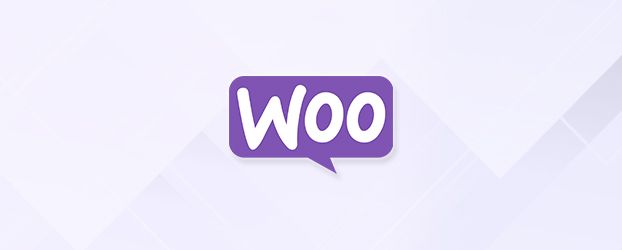
WooCommerce remains supreme in the domain of user-friendliness and accessibility. This makes it a top choice for entrepreneurs and small businesses. If you’re seeking a hassle-free entry point into the e-commerce world, look no further!
But don’t let its simplicity fool you – WooCommerce packs a punch with powerful features and robust capabilities. Each top-notch WooCommerce development services provider unlocks its full potential and builds an online store that not only drives huge revenue but also gives your users a seamless and smooth shopping journey.
E-commerce Functionalities WooCommerce Offers
- WordPress Integration
- Product Management
- Payment Options
- Shipping Management
- Order Tracking
- Marketing Tools and Discount Codes
3. PrestaShop

Standing top of all as an open-source champion, PrestaShop empowers budget-conscious merchants to build unique and functional online stores. Its cost-effective nature and community make it a compelling option for entrepreneurs and small businesses seeking to launch their e-commerce journey. But be warned, PrestaShop’s true strength lies in its customizable core, requiring some technical know-how to unlock its full potential.
E-commerce Functionalities PrestaShop Offers
- Extensive Customization
- SEO-Friendly
- Multilingual Support
- Mobile-Responsive
- Large Module Marketplace
- Cost-Effective
4. OpenCart

OpenCart is another open-source choice. It is renowned for its user-friendliness, affordability, and basic functionalities. OpenCart is perfect for entrepreneurs and small businesses as it offers a straightforward entry point into the e-commerce world.
While it may not boast the extensive features of Magento or WooCommerce, it provides a solid foundation for building a basic online store at a budget-friendly price.
E-commerce Functionalities OpenCart Offers
- Simple Setup
- Basic Marketing Tools
- Themes and Extensions
- Mobile-Responsive
- Product Management
5. Shopify

Shopify is one of the top eCommerce choices for entrepreneurs and small businesses seeking a seamless and convenient online store setup. Its beautiful templates and vast app store empower each user from Shopify experts to those with minimal technical knowledge to launch an e-commerce store with ease. Whether you envision a sleek fashion boutique or a quirky handmade crafts store, Shopify offers the tools and flexibility to bring your vision to life.
E-commerce Functionalities Shopify Offers
- Beautiful & Customizable Stores
- App Store
- Secure Payment Gateways
- Built-in Email Campaigns and Discount Codes
- Integrated Shipping Solutions
- Product Management
- Mobile-Responsive Design
6. BigCommerce
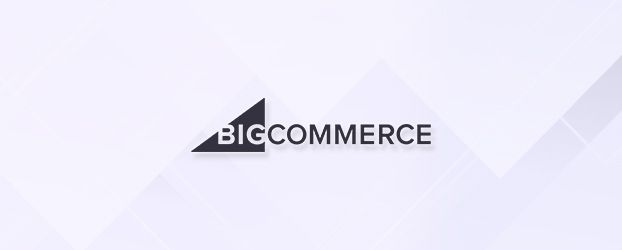
BigCommerce is an eCommerce platform renowned for its scalability, powerful features, and strong omnichannel support. It empowers growing businesses with the flexibility to seamlessly manage sales across multiple channels.
Its built-in functionalities ensure a consistent and suitable shopping experience for its customers. No matter, you envision a multi-brand marketplace, a B2B portal, or a content-rich flagship store, BigCommerce’s capabilities can be perfect for each of them.
E-commerce Functionalities BigCommerce Offers
- Scalable Architecture
- Omnichannel
- B2B Functionality
- API Integrations
- Flexibility & Customization
- Storefront Features
7. Snipcart

Snipcart emerges as the lightweight champion, excelling at adding shopping cart functionality to existing websites. This makes it a perfect fit for entrepreneurs and small businesses with simple product offerings, seeking a streamlined and cost-effective solution. Whether you have a portfolio website or a blog, Snipcart empowers you to effortlessly integrate an online store without the complexities of building an entire platform.
E-commerce Functionalities Snipcart Offers
- Easy Integration
- Flexible Pricing
- User-friendly Checkout Design
- Inventory Management
- Basic Customization Features
- Targeted Promotions
8. Drupal Commerce
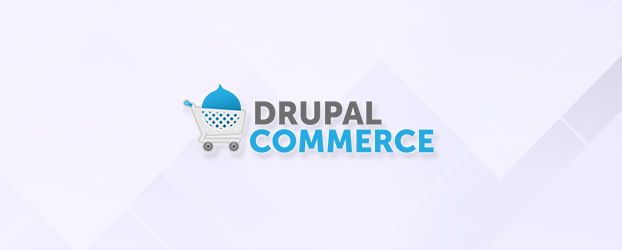
It caters specifically to Drupal users seeking advanced customization and content-rich experiences. This open-source framework seamlessly integrates with the Drupal platform. It offers powerful features and flexibility to build online stores that go beyond basic product transactions.
From a non-profit organization to a media publisher and a content-heavy brand, Drupal Commerce helps you to create an e-commerce experience that combines commerce with engaging content.
E-commerce Functionalities Drupal Commerce Offers
- Content-Centric Approach
- Drupal Integration
- Order & Inventory Management
- Omnichannel Support
- API Integrations
- Multi-Store & Multilingual Support
9. Volusion

It stands as a fully-hosted and all-in-one e-commerce platform catering to the needs of growing businesses and established merchants. Volusion boasts a comprehensive suite of features, powerful marketing tools, and robust integrations. This benefits in building, managing, and growing your online store easily. Whether you’re a B2B enterprise or a rapidly scaling consumer brand, Volusion equips you with the tools to succeed in the competitive e-commerce landscape.
E-commerce Functionalities Volusion Offers
- All-Inclusive
- Dedicated B2B features
- Omnichannel Marketing
- A/B Testing
- Structured Data Markup
- International SEO Support
How to Choose the Right E-commerce Web Development Framework?
Choosing the right e-commerce web development framework is an important decision with a lasting impact on your online store’s success. With a multitude of options available, navigating the landscape can be overwhelming.
Fear not! This guide will equip you with key factors to consider, ensuring you select a framework that aligns perfectly with your unique needs and aspirations.
1. Technical Expertise
Consider your team’s technical skillset. Open-source frameworks like Magento and Drupal offer extensive customization but require coding knowledge. While SaaS platforms like Shopify and BigCommerce prioritize ease of use with minimal coding involved.
2. Scalability & Growth
Anticipate your future business trajectory. If you envision explosive growth, platforms like Magento and BigCommerce offer superior scalability to handle increasing traffic and product volumes.
3. Budget Constraints
Establish a realistic budget for both the platform itself and any additional development costs. Open-source frameworks might be more cost-effective upfront, but customization often requires developer resources.
4. Feature Set & Functionality
Identify features essential for your business model. Platforms like Volusion and BigCommerce offer robust marketing tools and B2B functionalities, while Drupal Commerce excels in content-rich experiences.
5. Customization Needs
Assess your desire for a unique brand identity and bespoke functionalities. Open-source frameworks provide greater flexibility, while SaaS platforms offer limited customization options.
6. Integrations & Ecosystem
Evaluate the tools and services you plan to integrate with your store. Choose a platform with a well-developed marketplace or API access to ensure seamless connectivity.
Remember, the “perfect” framework doesn’t exist. Carefully evaluate your priorities, weigh the trade-offs between different options, and don’t hesitate to seek guidance from an experienced e-commerce development agency. Their expertise can help you navigate the complexities of platform selection and tailor a solution that aligns perfectly with your unique vision and business goals.
FAQs About E-commerce Web Development Framework
Q1) How do e-commerce frameworks differ from traditional frameworks?
E-commerce frameworks are specifically designed for building online stores, offering built-in functionalities like product management, shopping carts, payment processing, and order tracking. Traditional frameworks, while versatile, often require extensive customization to achieve these e-commerce features.
Q2) Are there ongoing maintenance requirements associated with specific frameworks?
Yes, most e-commerce frameworks require ongoing maintenance, including security updates, plugin compatibility checks, and performance optimization. Open-source options typically demand more technical know-how for maintenance, while SaaS platforms may handle some aspects within their service fees.
Q3) What options exist for data migration between e-commerce frameworks?
Data migration between frameworks can be complex, but options exist:
- Manual migration: Requires technical expertise and involves transferring data piece by piece.
- Third-party migration tools: Specialized software automates the process but might involve fees.
- Development agency assistance: Experienced developers can streamline the migration and ensure data integrity.
Conclusion
The bustling world of e-commerce frameworks can be both exciting and overwhelming. While this blog has explored 9 popular options, remember, the “best” framework is the one that aligns seamlessly with your unique needs and aspirations.
Carefully consider your business size, technical expertise, budget, desired features, and future growth potential. Utilize the provided factors and FAQ answers as your guiding lights. Don’t hesitate to explore demo stores, research user reviews, and seek expert guidance if needed.
Investing time in this crucial decision will pay dividends in the long run. The perfect framework will become your trusted partner, empowering you to build a thriving online store and embark on a successful e-commerce journey. So, take a deep breath, assess your priorities, and step confidently into your framework adventure
